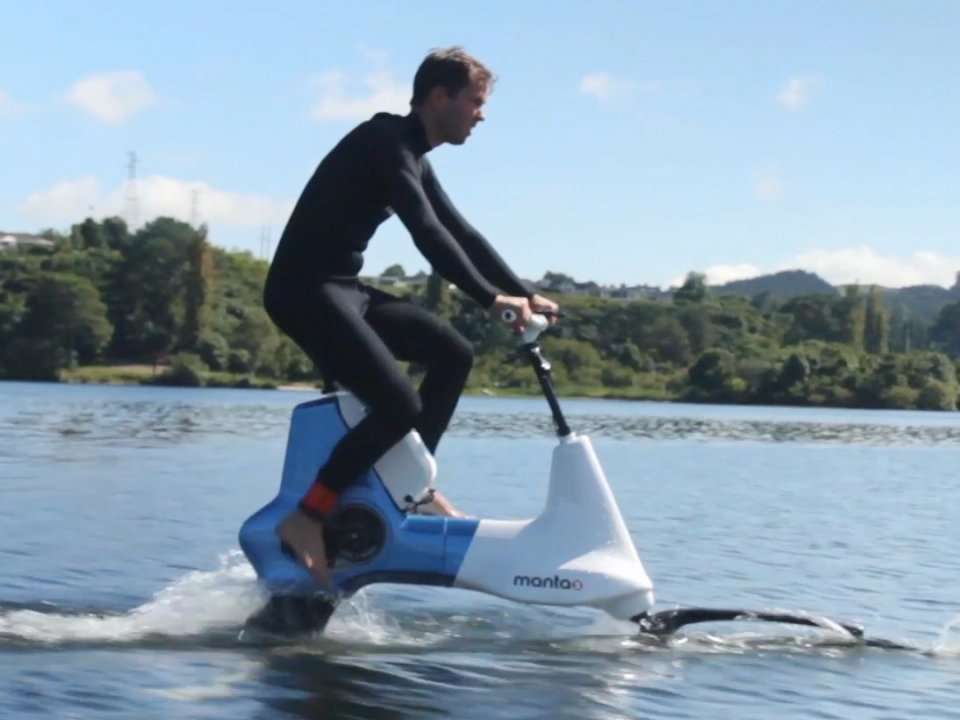
In total it would actually take about 44 liters of water and 180 car battery charges to generate enough hydrogen to travel 310 mile. The second problem is an average 120 amp-hours car battery contains about 1.4 kilowatt-hours of energy and since it takes about 50 kilowatt-hours to produce 1 Kg of hydrogen a single charged car battery will only produce about 0.028 Kg of hydrogen, only enough for his bike to travel about 1.7 miles. So this 0.11 Kg of hydrogen from 1 Liter of water would only take the bike about 7 miles. The first problem is that 1 Liter of water contains about 0.11 Kg of hydrogen (the rest oxygen 0.89 Kg). So it would take 1 Kg of hydrogen for his bike to travel 60 miles and a little more than 5 Kg to travel 310 miles. The approximate energy equivalence is about 1 kilogram (Kg) of hydrogen equals 1 gallon of gasoline. The average motorcycles gets about 35 to 40 mpg (gasoline), but let’s say his bike gets 60 mpg. Mel Bell, Tucson AZ USA, United States, 3 weeks ago As some commenters of the Daily Mail’s take on the matter have pointed out, all this sounds like a scam: There are also problems with the calculations even if we assume that he had somehow managed to convert the 1 litre of water into hydrogen, this amount of Hydrogen could hardly be enough to power his bike for 300 miles. Further, electrolysis is not a new discovery. But this idea is hardly new and Hydrogen-powered vehicles have been running around for awhile.

Of course, one could always argue that large facilities could manufacture hydrogen more efficiently, than a motor vehicle’s engine could burn fossil fuels….

In the end, you get less than nothing back. Sounds great… until one realizes that electrolysis, the process of removing hydrogen from water in the first place, requires quite a bit more than a bucket-load of energy to separate out the Hydrogen.


 0 kommentar(er)
0 kommentar(er)
